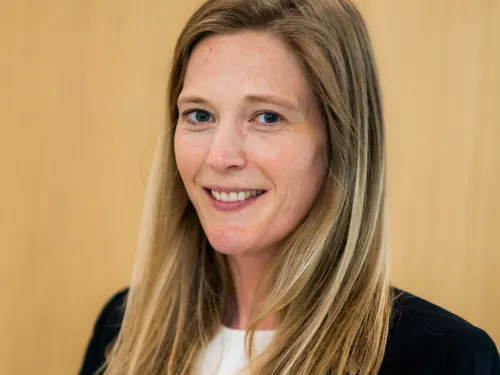
Why understanding the whole genome is important for childhood cancer
Until the past couple of decades, over 98% of the human genome was thought to be ‘junk DNA’. Now, cancer researchers want to understand exactly what that DNA does...

Until the past couple of decades, over 98% of the human genome was thought to be ‘junk DNA’. Now, cancer researchers want to understand exactly what that DNA does...
Children's Cancer and Leukaemia Group (CCLG) hosted its inaugural Research and Member Awards ceremony last night (April 4). The Awards, held at the East Midlands Conference Centre in Nottingham, was part of CCLG's annual Winter Meeting.
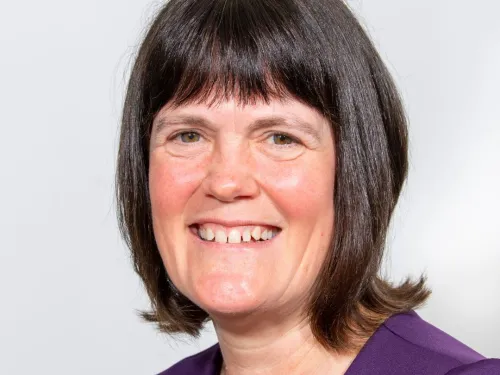
Professor Chris Halsey tells us about leukaemia treatment and how it can affect the brain.
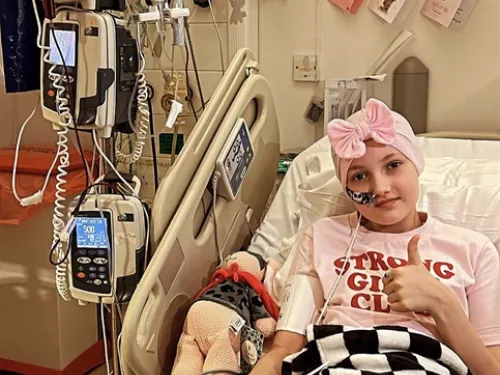
Tallulah was diagnosed with acute lymphoblastic leukaemia (ALL) on 6 April 2023 when she was 11 years old.
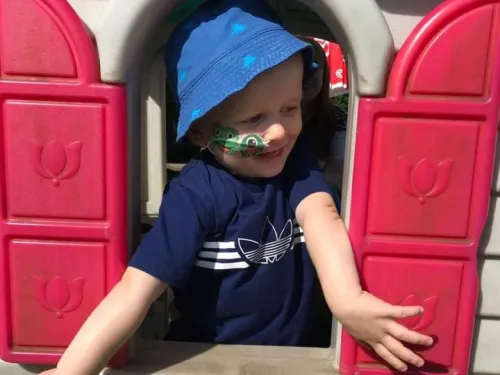
Oliver was diagnosed with Wilms tumour when he was one year old. His mother, Ceri-Anne, shares his story.
Children's Cancer and Leukaemia Group (CCLG) is proud to announce its first research project into Langerhans cell histiocytosis (LCH), a rare type of cancer that affects just 50 children per year in the UK.
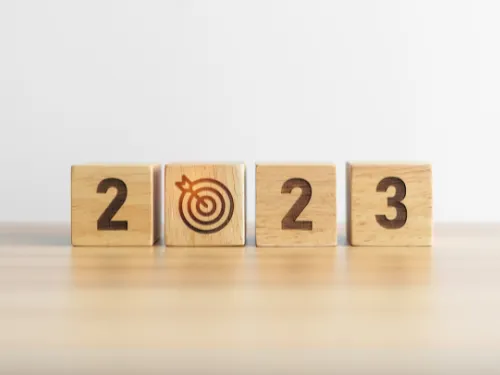
Join us to look at what CCLG achieved in 2023 with your support - and how you have been part of changing the future for children with cancer.
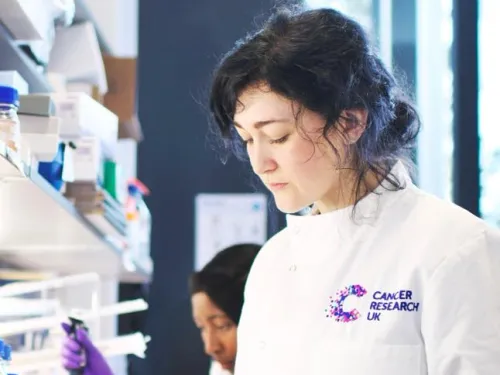
Not all scientists love school - there are lots of ways to start a science career. Dr Jessica Taylor began her career in research years after dropping out of school...
A charity golf day has raised over £1,500 for Children’s Cancer and Leukaemia Group (CCLG) Special Named Fund.